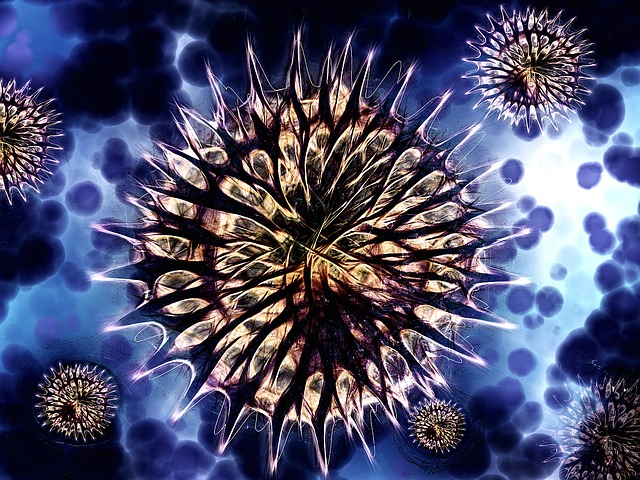
For over 7 decades, we have been protecting ourselves from disease-causing bacteria by taking antibiotic drugs. But because everything changes, and even bacteria learn to evolve, it’s not surprising that over time, what were once effective in fighting infection have now become useless as bacteria have grown resistant to them. And if we don’t initiate drastic corrective action soon, we may suddenly be looking at a return to the dark ages. In particular, we may be going back to the time when common diseases become untreatable again. And it’s going to be pretty ironic considering that we are now in the age of AI, robotics and gene manipulation, yet we can’t fight ordinary diseases. It’s absurd, right? But it’s a reality we have to face.
In September last year, the UN categorized antibiotic or antimicrobial resistance (AMR) — the condition that results when medicine designed specifically to kill infection-causing microorganisms no longer works — in the same level as HIV and Ebola. This just goes to show how serious a threat they consider it to be. With this move, the resolve to make adjustments on the use of antibiotics kicked off. Which was a good start, but not even close to being enough.
Just a few days ago, news broke out about a 70-ish woman from Nevada who lost the fight to an infection she acquired in India after she broke her leg. Based on information published by the CDC (Centers for Disease Control and Prevention), the patient died from an infection caused by ‘carbapenem-resistant Enterobacteriaceae (CRE) that was resistant to all available antimicrobial drugs’. Antimicrobial susceptibility testing showed that the particular strain of CRE that infected the woman was resistant to 26 antibiotics.
India is acknowledged to have more antibiotic-resistant bacteria compared with the U.S. This is in part due to poor sanitation and water quality which causes the constant need for people in the area to take lots and lots of antibiotics to fight off diarrhea. And this unhealthy condition provides the microscopic attackers with the perfect opportunity to fortify their defenses and develop resistance to the drugs being used.
Regardless of where the infection originated, the incident is undoubtedly an alarming one because it just proves that the UN’s assessment about the severity of the antibiotic resistance threat is accurate. And the superbugs — which is how they’re calling the antibiotic resistant bacteria — will win their fight if we don’t come up with effective counteractive measures soon.
According to the World Health Organization (WHO), at least 700,000 deaths per year can be attributed to antibiotic resistance. Even worse, a study conducted by the Review on Antimicrobial Resistance group predicts that by 2050, deaths due to antibiotic resistance will rise to a staggering 10 million count — more than the number of deaths due to cancer.
Right now, more than 50% of known bacteria all over the world have developed some kind of resistance to antibiotics. Several factors have been contributing to this. Number 1 is over-prescription — that’s prescribing antibiotics for the most minor signs of sickness, instead of prescribing it as a last resort. There’s also the widespread use of antibacterial everything — from soaps, to toothpaste, mouthwash, and all kinds of cleaning agents. And then there’s the animal sector, specifically the livestock industry which are heavy users of antibiotics, not for disease treatment, but for livestock growth.
These detrimental practices have to stop. And everyone has to be reminded of the purpose that antibiotics serve. Just like global warming which requires universal cooperation to be addressed, antibiotic resistance is likewise a threat that requires global effort. We have to stop talking about the problem and start working on the solutions. Otherwise, we have just added another potential global killer to a list that keeps getting longer.
- Bulenox: Get 45% to 91% OFF ... Use Discount Code: UNO
- Risk Our Money Not Yours | Get 50% to 90% OFF ... Use Discount Code: MMBVBKSM
Disclaimer: This page contains affiliate links. If you choose to make a purchase after clicking a link, we may receive a commission at no additional cost to you. Thank you for your support!

Leave a Reply